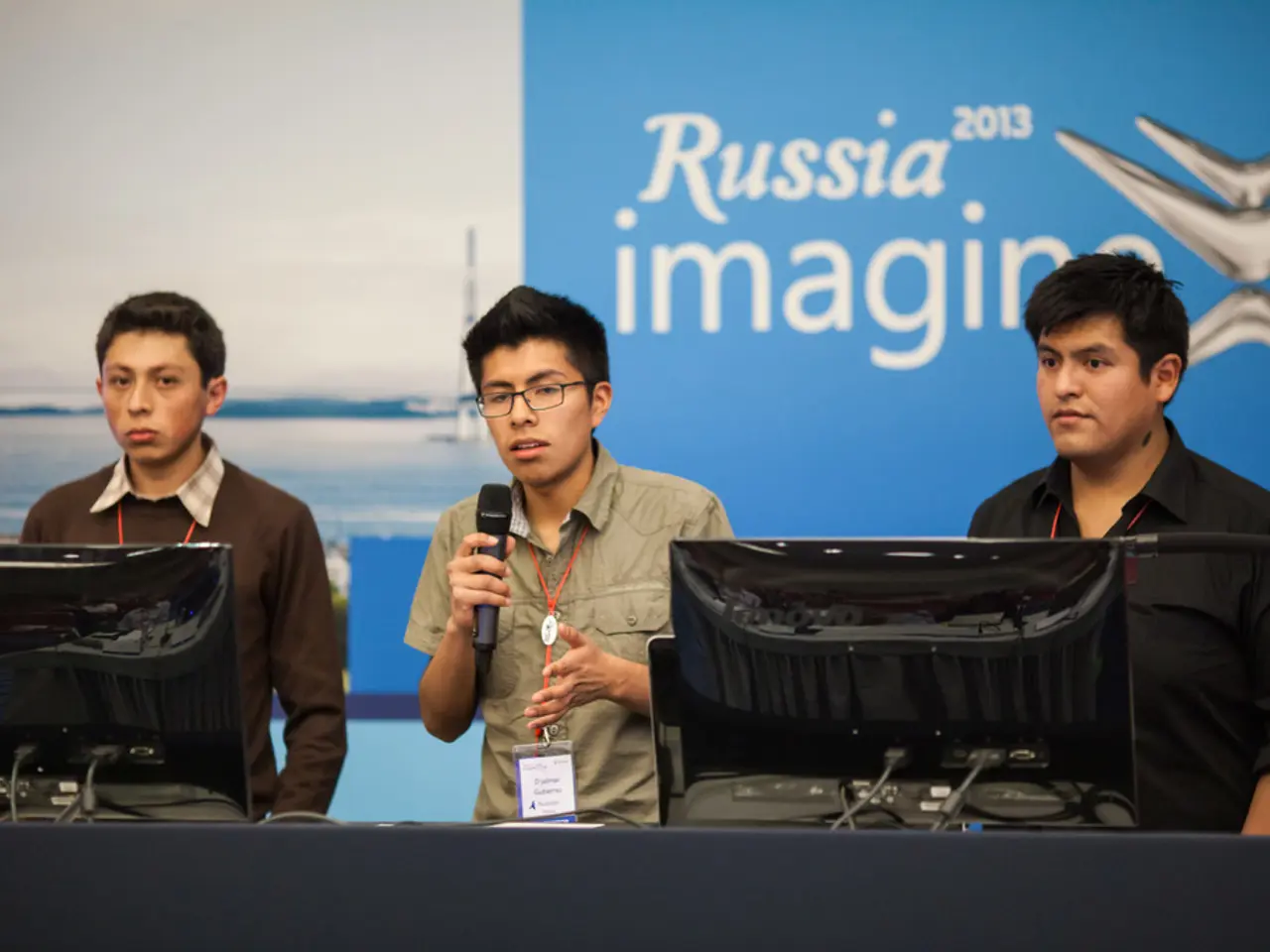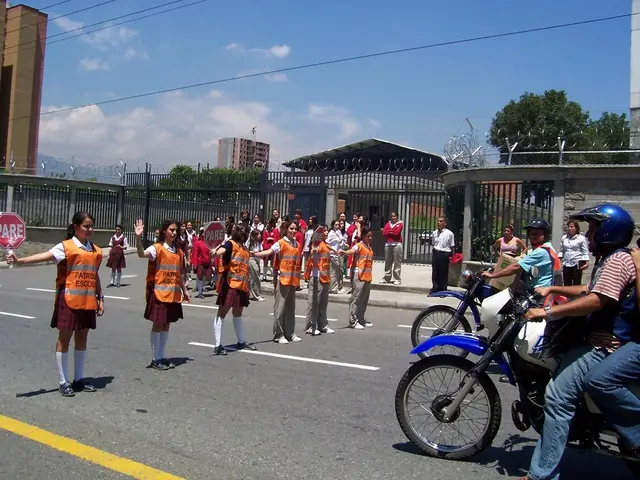Live Updates: Merz's Requests to Trump and Putin at the Alaska Summit - Live coverage: Merz's demands from Trump and Putin at the Alaska summit
The much-anticipated summit between US President Donald Trump and Russian counterpart Vladimir Putin, held in Alaska on August 15, 2025, ended without an agreement on a ceasefire in Ukraine.
The summit was aimed at discussing the future of Ukraine, with hopes running high that it might lead to a resolution or progress in the ongoing conflict. However, despite months of diplomatic effort, no deal was reached to immediately halt hostilities.
The White House had set an early August deadline for Russia to demonstrate a genuine commitment to a ceasefire. Failure to meet this deadline would trigger harsher sanctions on Russia. Trump's rhetoric had shifted to more openly criticizing Putin's relentless and destructive military campaign in Ukraine.
However, the decision to exclude Ukrainian President Volodymyr Zelenskyy from the negotiations caused concern in Kyiv and Europe about the potential for territorial concessions to Russia that might be agreed upon without Ukraine's direct involvement.
From Russia's perspective, Putin sought to leverage the summit to press for further cooperation between Russia and NATO, possibly to gain concessions or create openings beyond the current conflict. Declassified historical documents of previous Putin summits show a consistent pattern of Putin using such meetings to assert Russia’s strategic interests firmly without significant compromise.
Following the summit, the United States plans to continue pushing for accelerated negotiations aimed at ending the conflict, though the absence of a ceasefire agreement means that fighting in Ukraine will likely persist for now. The failure to secure a deal at the summit underscores the complex and entrenched nature of Russia’s role in the war and signals continued challenges ahead for peace efforts.
The ongoing conflict in Ukraine, which has been waged by the Kremlin for more than three years, remains a key topic of discussion. The absence of Ukrainian President Zelenskyy and representatives of the European Union from the summit raises questions about the potential for a fair peace.
Cautious hope for peace in Ukraine remains, but there are concerns about Russia potentially benefiting from the violation of international law. Further details on the potential benefits for Russia from a 'territorial exchange' can be found in the article "Why only Russia would benefit from a 'territorial exchange'."
*References*
[1] The New York Times
[2] The Washington Post
[3] The Guardian
[4] BBC News
Read also:
- Weekly happenings in the German Federal Parliament (Bundestag)
- Southwest region's most popular posts, accompanied by an inquiry:
- Discussion between Putin and Trump in Alaska could potentially overshadow Ukraine's concerns
- Massive 8.8 earthquake hits off the coast of Russia's Kamchatka Peninsula, prompting Japan to issue a tsunami alert.








